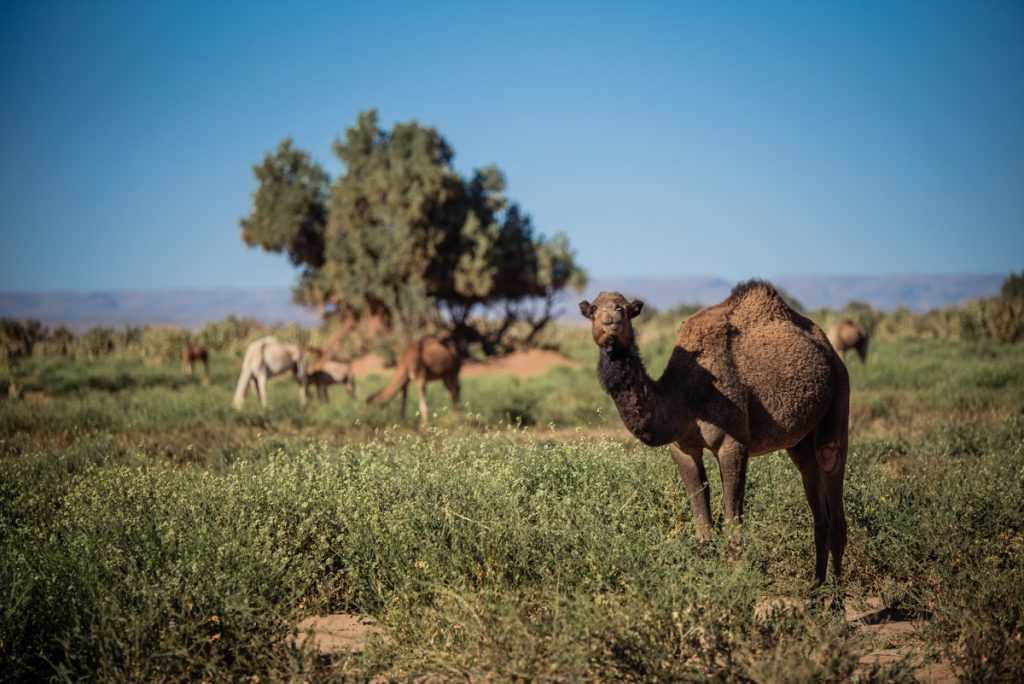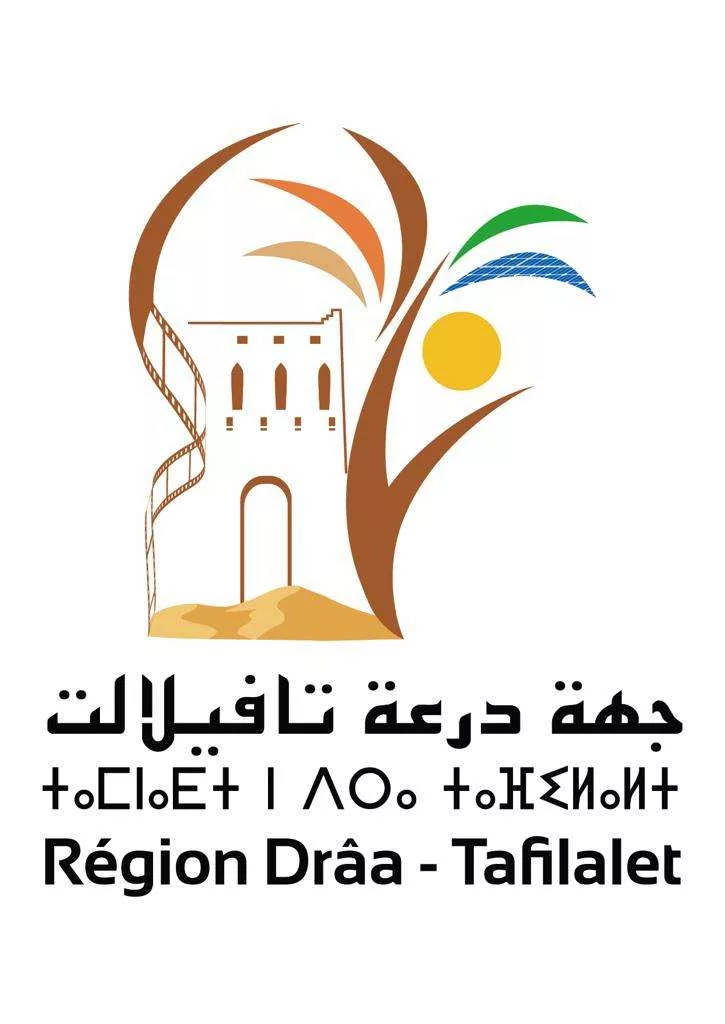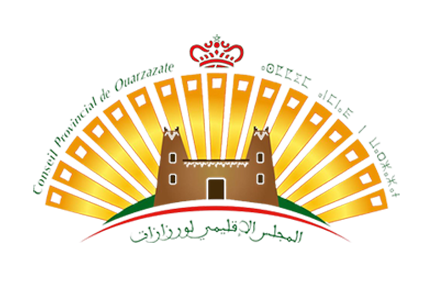The lriqui National Park extends from the dry bed of the Oued Drâa to the far south of the Anti-Atlas, a vast desert area that is occupied by the provinces of Zagora and Tata. During the rainy season, a large dry lake in the park's center changes colors, serving as a stopover and wintering spot for many migratory birds.

As a result, the park was established in 1994 to preserve the humid zone that exists there, as well as to reintroduce desert species that have disappeared.
Iriqui National Park has a huge ecotourism potential. The beauty of the landscapes and the rich cultural heritage make it a place of adventure and discovery.
A significant biodiversity
Gazelle Dorcas, Barbary sheep, Hyena, Fennec, Houbara Bustard… are all protected animals at the National Park of Iriqui. Reptiles such as Ceraste, Varan, Chameleon, Gecko and different types of snakes are also included
Several rare species that have been extinct have been brought back to the region since the park’s establishment. The most well-known are the Oryx, Addax, and Red-necked Ostrich. These animals add tremendous value to the region.
Many migratory waterbirds, including the pink manatee and the coot, visit the Lake of Iriqui during the rainy season.
The vegetation of the region includes a wooded steppe, a savanna, and Tamarix-covered dunes.
Unspoiled nature
There are many hiking and trekking trails in the Iriqui National Park. Here are six activities to try if you find yourself in the midst of a protected nature and surrounded by amazing landscapes:
The park is open to the public throughout the year. However, travelers who enjoy nature the most would prefer the rainy season. It is strongly advised to travel with a local guide and to respect the environment around.
In addition to tourists and adventurers, the park hosts a unique group of people, who contribute to the richness of the region. The families practice transhumance along the Figuig-Drâa-Tan Tan circuit.
The places surrounding Lake Iriqui become more fertile during the rainy season. These places are the main grazing grounds for the cattle belonging to the nomadic tribes. Meeting these nomads offers a rich human experience that helps to learn more about the region’s culture and history.


Don't miss our monthly newsletter to get exclusive information and enjoy your stay in Drâa Tafilalet.
Copyright 2025 This site is managed by the regional tourism council of Draa Tafilalet
